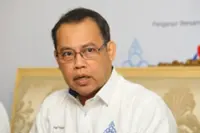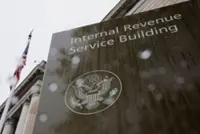HARARE: Zimbabwe, which roiled the global carbon credits industry by cancelling offset programmes last week, will now give producers of the securities two months to comply with new rules, including handing the state half of their revenue.
The rules include a mandatory level of at least 20% of revenue for local investors and a maximum of 30% for foreign investors.





